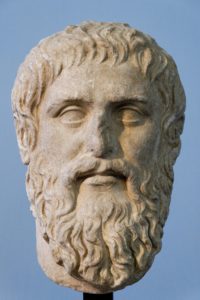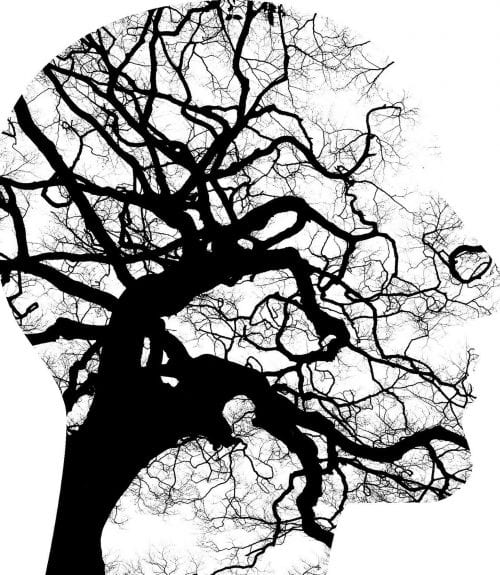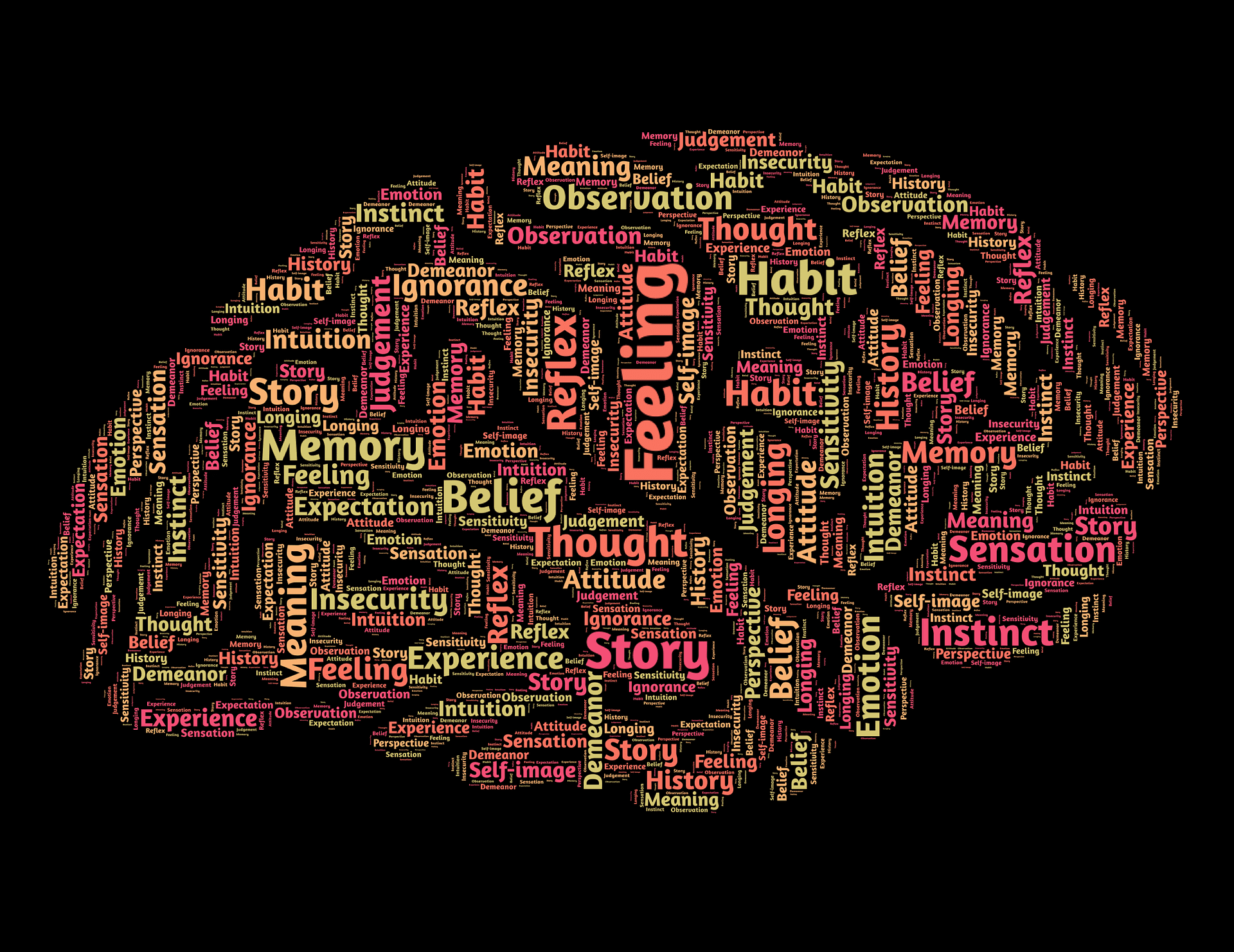Brief History of Psychology

Our Roots
It is important to note that within psychology there are numerous perspectives, but it didn’t start out that way. And though we have diverse roots, our discipline began with a merging of two fields: philosophy and physiology.
We could go all the way back to philosophical times and discuss the Greek philosopher Plato (428 – 347 B.C.) and his student Aristotle (384-322 B.C.). In fact, it is there that we can find one of the central themes of our field: the idea of nature vs. nurture. Plato thought that humans are brought into the world with some sort of innate knowledge (nature), while Aristotle believed that knowledge was derived from direct experiences (nurture).
René Descartes (1596 – 1650) proposed the idea of dualism – indicating that the mind and the body are separate from one another. If you think back to the definition of psychology (scientific study of behavior and mental processes), then you might conclude that by separating the mind from the brain, one would effectively remove psychology from the realm of science. See, if we can’t measure what we are working to explain, then we are not able to use the scientific method…therefore, we would not be a science. In a face to face class with me, you may hear me say that “the mind is what the brain does” – an oversimplification for sure, but an important point to illustrate that the two are tied together.
My last point goes against what Descartes was saying, but I am not alone. It was in 1850 when a German physicist named Gustav Theodor Fechner (1801 – 1887) again made the connection between the mind and the body. He reasoned that studying sensation, which is a physical ability to detect environmental stimuli, is in fact experimenting with the mind. Those of us who study modern day psychology tend to agree that the mind and the brain go hand in hand, and that by studying the brain itself we are studying the mind…likewise, by studying mental experiences we are in fact studying the brain.
As you can see, philosophy shaped much of our ideology, but without the merging of physiology, we would not have as strong of a scientific foundation so early in our discipline. The study of the brain and its impact on behavior paved the way to applying the scientific approach to understand human behavior and the mind. This makes sense right? We can physically measure physiology, but we would have a difficult time measuring philosophy.
Our Formal Beginnings
Let’s move now to the beginning of modern day psychology. We officially became a discipline in 1879 when the “father of psychology”, Wilhelm Wundt, established the very first psychology lab at the University of Leipzig in Germany. The main purpose was to objectively measure psychological processes, which was not an easy thing to do in the late 1800s. The primary approach was to use introspection, where one works to objectively observe and record one’s own mental processes. This had numerous limitations for sure, but you can see how this has much historical importance – it was the first raw attempt to systematically study these kinds of concepts.
One of Wundt’s students, Edward Titchener, developed Structuralism, which was the earliest school of thought in psychology. Here introspection was used to uncover the most basic “structures” of the mind, focusing primarily on sensation and perception. The idea was that by understanding the properties of the pieces, one could have a better understanding of the mind as a whole. An analogy would be chemical compounds. By understanding the properties of the individual elements comprising a compound, one can have a better understanding of the compound itself. Think about structuralism like this – what are the structures of conscious experiences?
An American school of thought called Functionalism was developed soon after by William James. This approach was inspired by Charles Darwin and focused on the functionality (and adaptability) of thoughts, feelings, and behaviors. Think about functionality like this – What are the functions of behavior? What are the functions of mental experiences? How can these processes help one adapt to the environment? Being inspired by Darwin, you can see how this approach is in alignment with natural selection, which is ultimately an understanding of how genes are selected by the environment to be passed down from one generation to the next based on adaptability. To be more specific, if genes are adaptive they allow an organism to live long enough to procreate and pass those genes down to the next generation. Genes change over time through random genetic mutations, and this is the driving force behind the genetic variation we see within and across all species. Remember, in this model it isn’t about a single individual evolving, it is about the population over time.
Before closing this section out, I need to mention that psychology was a male-dominated field in its beginnings. To fully appreciate this we need to consider how times were different “back in the day”. Women did not have the same opportunities…no voting, no land ownership, and little if any education. In spite of this, many women played critical roles in the development of our field and helped shape it into what it is today. Be sure to read up on Mary Whiton Calkins, Margaret Floy Washington, and Mamie Phipps Clark.

Matthew A. Webster, MA, MS, ED.D, LPC
Dr. Matt Webster is a professional educator, nutritionist, and therapist located in the Houston, Texas area. He specializes in couples therapy, sexuality, and maladaptive eating patterns with a focus on the role of nutrition. More About Matt >>
Last modified:









